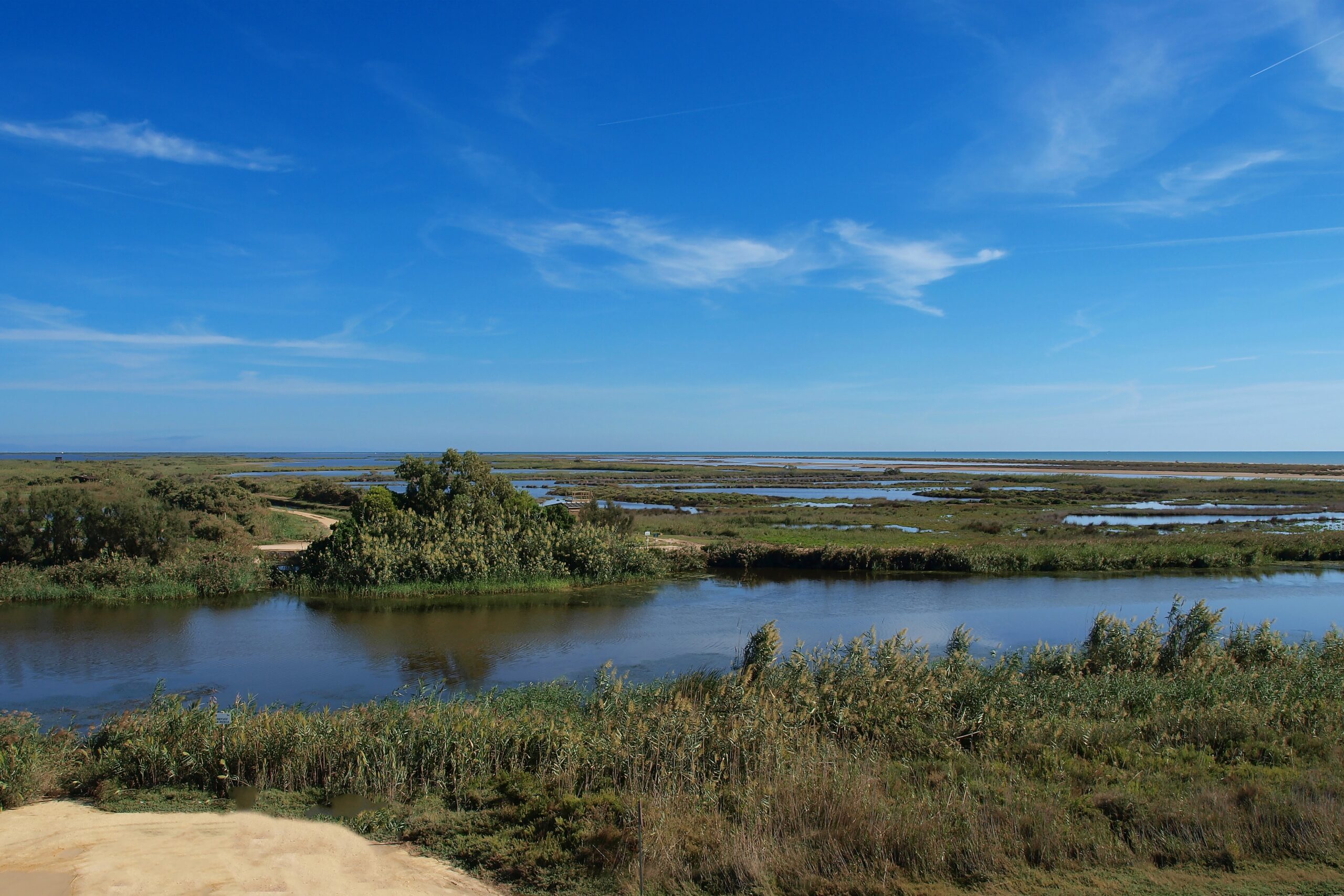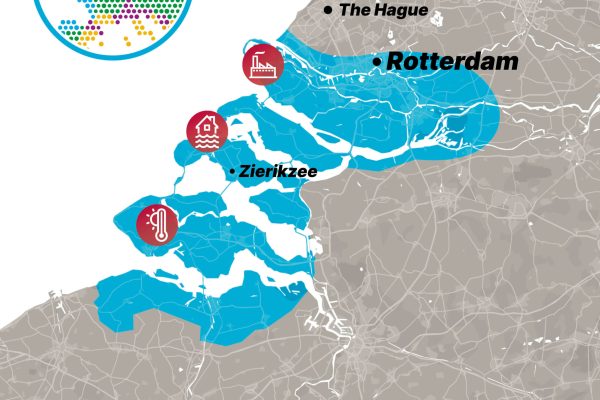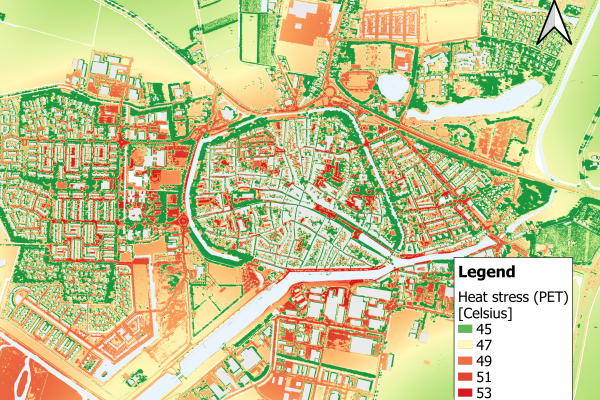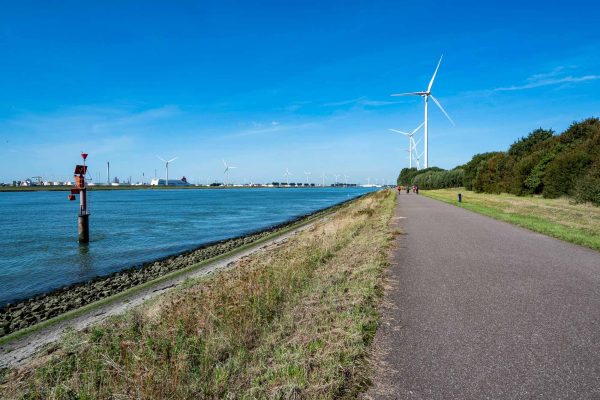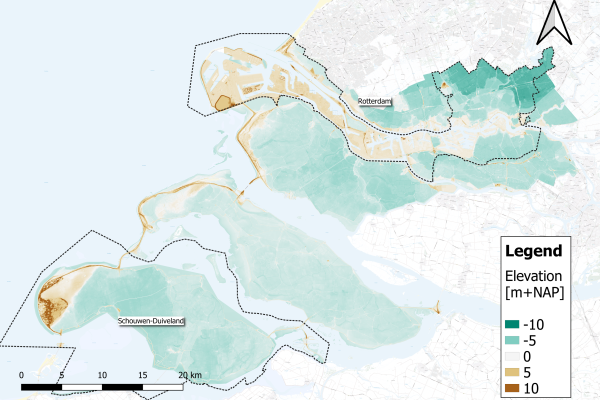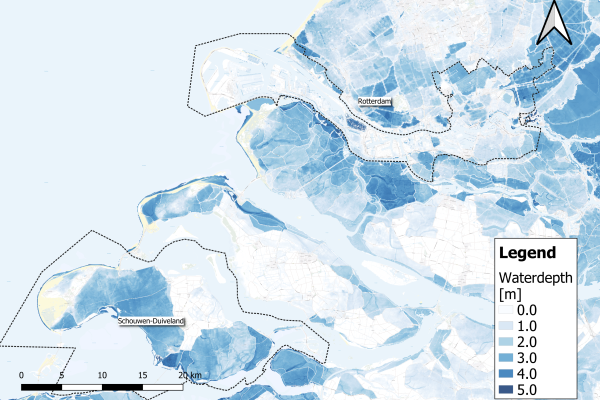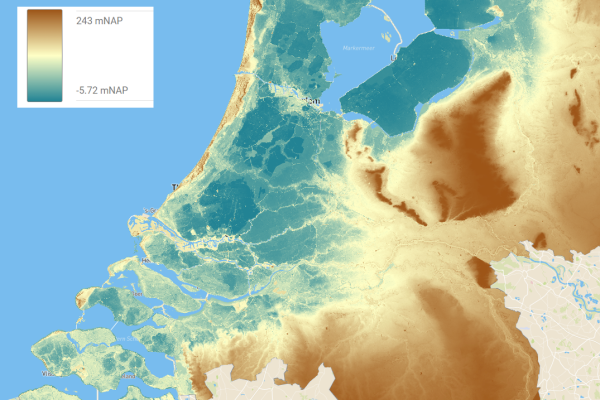Water scarcity is becoming a global challenge, and Catalonia is no exception. With the increasing effects of climate change, not only does the region have to deal with Coastal Erosion but also face growing difficulties in maintaining water availability and quality, particularly in agriculture-dependent areas like the Ebro Delta. In an interview with Queralt Plana Puig, a researcher at Eurecat we take a closer look at how the IMPETUS project is tackling water scarcity through innovative water treatment solutions.
Protecting Water Resources: A Growing Concern
Queralt, who specializes in water treatment research, emphasized the escalating problem of water scarcity. Catalonia has already experienced its longest drought period in 50 years, particularly in 2022 and 2023. This extreme weather event highlights the urgent need for innovative water management strategies. “Water treatment is becoming increasingly essential as water scarcity worsens due to climate change,” Queralt explained. “Our focus is on improving water quality for both potable and non-potable uses, ensuring we protect the environment through effective wastewater treatment.”
IMPETUS plays a key role in addressing these water-related challenges by introducing alternative water resources and improving treatment methods. One of the main activities in the IMPETUS Coastal demo site involves installing wetlands in the Ebro Delta’s rice fields to combat water pollution. These wetlands act as natural filters, helping reduce contaminants from agricultural runoff. “The wetland helps minimize water pollution by acting as a natural filter, which is crucial for protecting the environment and ensuring better water quality for both agricultural and non-agricultural uses,” Queralt said.
Innovative Use of Absorbents in Water Treatment
A major area of research for the IMPETUS Coastal demo site revolves around the use of natural absorbents in water treatment. Queralt and her team have explored various materials like biochar, rice husks, and sand to identify the most effective absorbents for removing pesticides and herbicides from agricultural wastewater. Among these, biochar stood out for its natural effectiveness. “Biochar is created by burning organic materials, such as wood or rice husks, and has proven to be highly effective in removing water contaminants. After extensive testing, we found that a mixture of 10% biochar and 90% sand was the most economical and effective solution,” Queralt shared.
While initial research was conducted in the lab, partners at Eurecat have since scaled up their testing to a pilot project in the Ebro Delta. Using a combination of biochar and sand, the goal is to create a scalable solution that local farmers and irrigation communities can adopt to filter agricultural wastewater. The focus is on providing a cost-effective, yet highly efficient, water treatment method that directly benefits the local ecosystem.
The Challenge of Pesticide Resistance
In addition to water treatment innovations, Queralt pointed out the growing challenge of pesticide resistance in biodiversity. Over time, pests and microorganisms adapt to chemical pesticides, which forces farmers to use stronger, more harmful chemicals. This not only damages the crops but also leads to further environmental degradation.
In rice farming, for example, pests become resistant to common pesticides, threatening crop yields and creating a cycle of increasing chemical usage. By developing more sustainable water treatment options, the IMPETUS project aims to reduce the spread of these harmful chemicals into water systems, protecting both crops and local biodiversity.
Sustainable Water Solutions for the Future
The work being done by IMPETUS is not only addressing immediate concerns but also laying the groundwork for sustainable water management in the future. By focusing on cost-effective, scalable solutions such as biochar-based filtration systems and natural wetlands, the project is making strides toward safeguarding Catalonia’s water resources for future generations. As Queralt notes, “By finding the right balance between efficiency and cost, we hope to provide long-term, sustainable solutions for water treatment that can benefit both the environment and the community.”
Water scarcity is one of the most pressing environmental challenges we face today. The innovative approaches being developed in the Coastal demo site, from natural wetlands to biochar filtration systems, offer promising solutions for managing water resources in a sustainable way. By protecting water quality and reducing the environmental impact of agriculture, these initiatives aim to secure a healthier future for Catalonia and beyond.
